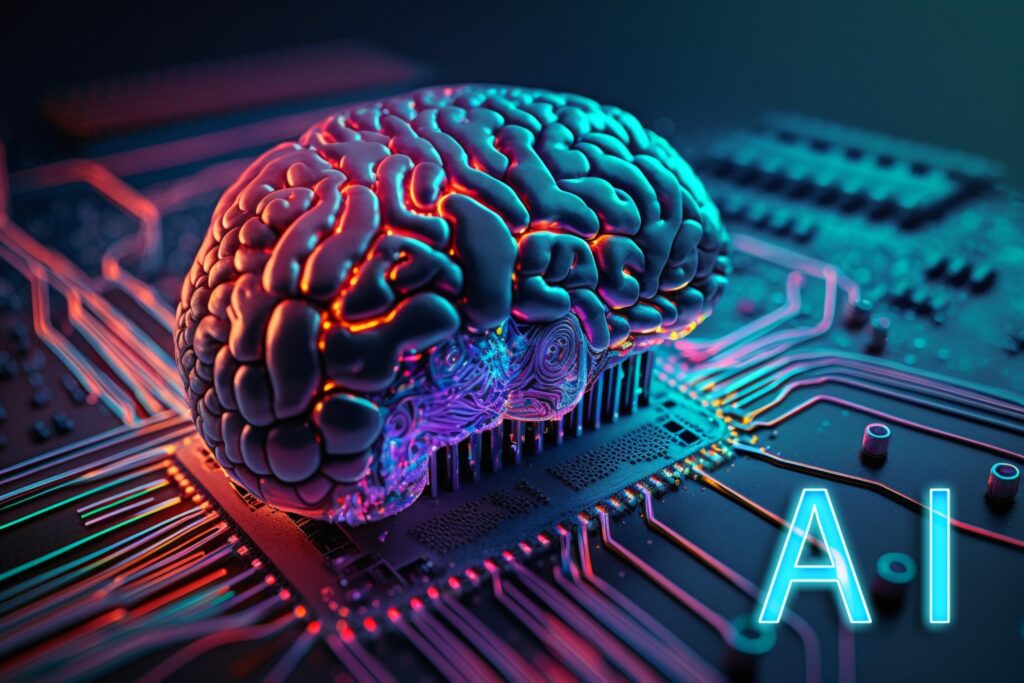
Artificial Intelligence (AI) is a branch of computer science that focuses on creating systems and machines capable of performing tasks that typically require human intelligence. These tasks include learning, reasoning, problem-solving, perception, natural language understanding, and decision-making.
AI techniques enable machines to mimic cognitive functions such as learning from experience, adapting to new inputs, and performing tasks autonomously. Some of the key techniques and approaches within AI include:
- Machine Learning: A subset of AI that involves developing algorithms and statistical models that enable computers to learn from and make predictions or decisions based on data without being explicitly programmed. Machine learning techniques include supervised learning, unsupervised learning, and reinforcement learning.
- Deep Learning: A subfield of machine learning that focuses on using artificial neural networks with many layers (deep neural networks) to model and extract patterns from large volumes of data. Deep learning has achieved remarkable success in tasks such as image recognition, natural language processing, and speech recognition.
- Natural Language Processing (NLP): A branch of AI that focuses on enabling computers to understand, interpret, and generate human language. NLP techniques are used in applications such as language translation, sentiment analysis, text summarization, and chatbots.
- Computer Vision: Another subfield of AI that enables computers to interpret and understand visual information from the real world. Computer vision techniques are used in tasks such as object detection, image classification, facial recognition, and medical image analysis.
- Robotics: The intersection of AI, engineering, and robotics that focuses on creating intelligent robots capable of performing tasks autonomously in real-world environments. Robotic systems often incorporate AI techniques such as computer vision, machine learning, and sensor fusion.
AI applications are pervasive across various industries and domains, including healthcare, finance, transportation, manufacturing, entertainment, and more. They are used to automate repetitive tasks, optimize processes, improve decision-making, enhance customer experiences, and unlock new capabilities and insights from data.
While AI holds immense potential to revolutionize industries and society, it also raises ethical, societal, and philosophical questions related to privacy, bias, transparency, accountability, and the impact on jobs and society. As AI continues to advance, it’s essential to consider these implications and ensure that AI systems are developed and deployed responsibly.